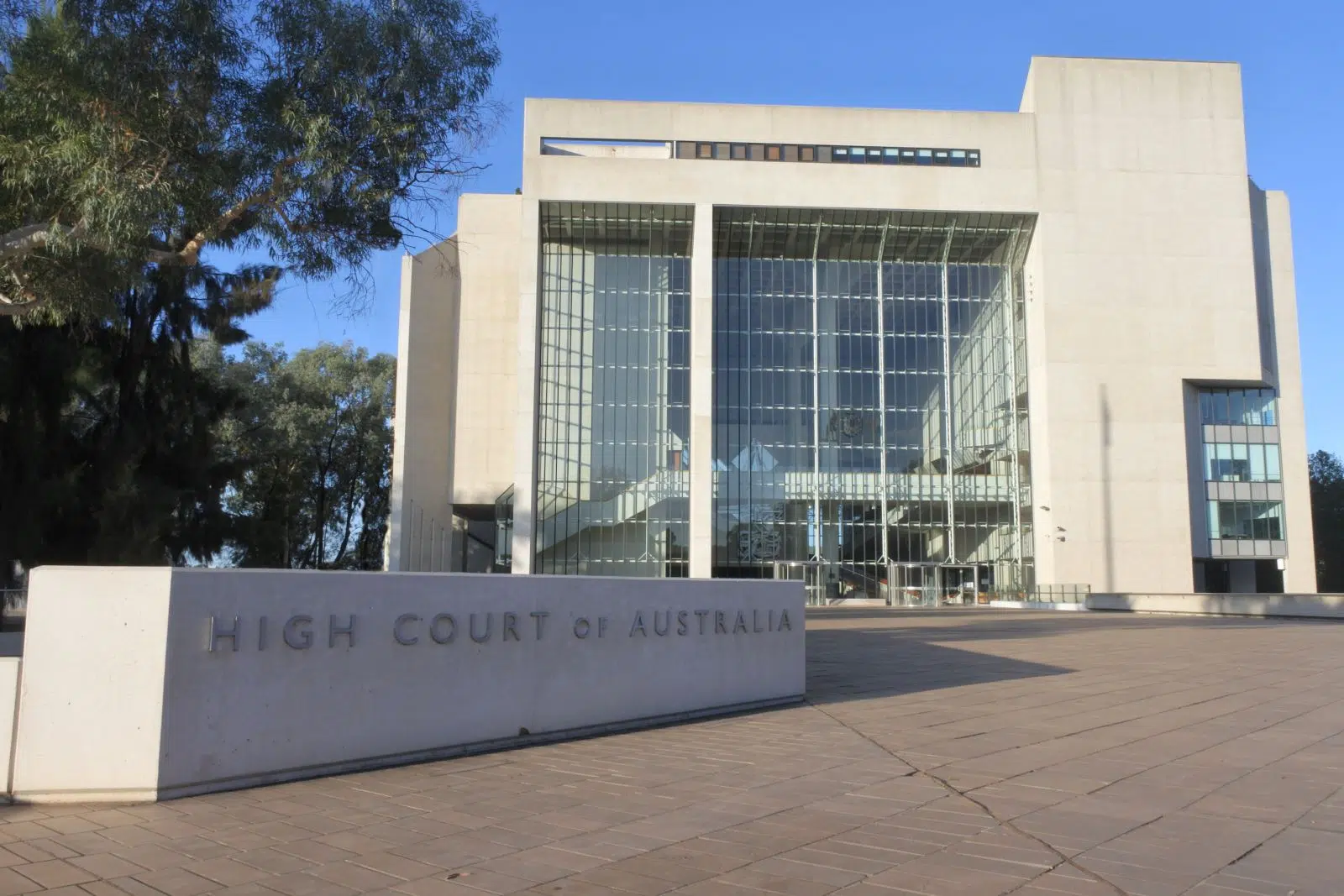The power of attorney document looks innocent enough but there are traps for the unwary. Clear thinking and care are the prerequisites for the giving of legal power to another.
A friend of the firm recently raised concern, with some astonishment, about the breadth of powers that are conferred on attorneys in light of a number of cases that he had recently read. We consider two examples.
The case Stanford v Stanford,[1] demonstrated the reach of a power of attorney in a family law property settlement dispute.
It was the second marriage for both parties (the husband and wife), each having biological children from the prior marriage. The husband and wife executed wills leaving their respective estates to their biological children. Following the wife’s loss of capacity, the applicant daughter, who was the mother’s attorney under an enduring power of attorney, applied to the Family Court as case guardian for a property settlement. The wife had dementia and had involuntarily separated from the husband. At first instance[2], the court ordered that the wife be paid $612,000 which required the sale of the matrimonial home (and so ultimately a probable benefit to the wife’s two daughters which would be at odds with the original estate plan of the husband and wife). Appeals to the Full Court of the Family Court[3] and to the High Court[4] favoured the husband.
The case highlights how little might be known about the extent of an attorney’s powers within the general community and the potential for litigation which, in this case, required four hearings until the matter was resolved by the High Court
The case of Pickersgill v Pickersgill[5] provides an example of the need for taking sufficient care in choosing an attorney. The principal, aged 85 in 2019, had six children, four sons and two daughters, who became engaged in an ‘unseemly battle’. The principal had ‘significant wealth’. She made three Enduring Powers of Attorney (EPA) within six years: the 2013 EPA appointing a son and two daughters. The two daughters subsequently transferred approximately $950,000 to their accounts and to people associated with them; the 2018 EPA appointed her four sons; and the 2019 EPA appointed the two daughters. One of the sons sought a declaration that the 2019 EPA was invalid contending that the principal lacked capacity. On accepting the parties’ proposal to settle the matter, the court ordered that the 2018 and 2019 EPAs be revoked and that the attorneys of the 2013 EPA be removed and replaced by two independent attorneys.
While in many cases, family members are preferable attorneys because of their knowledge of the principal and of his or her financial affairs, that is not always the case.
What an attorney can do that might surprise you
It might be widely understood that, by signing a power of attorney document (as principal), the principal is empowering a person (the attorney) to make decisions on the principal’s behalf. However, the meaning and extent of such a right may not be fully appreciated.
For example, many may not be aware that, as illustrated by the case of Stanford, an attorney is generally entitled to litigate on behalf of a principal either by initiating or continuing existing proceedings on the principal’s behalf.
Other things an attorney may broadly[6] do, which might not be commonly known, include:
- Companies – an attorney may, subject to the terms of the company constitution, vote on the principal’s behalf as a shareholder to make decisions in respect of the company;
- Trusts – in Queensland, an attorney may make decisions on behalf of the Trustee of a trust (including a Family Discretionary Trust) where the principal is out of the state or is physically infirm or temporarily incapable of acting[7] where the delegation of a trustee’s duties would otherwise be prohibited;
- Executor – in certain circumstances an attorney may be empowered to take out a grant and administer a deceased’s estate on behalf of the principal executor[8];
- Appointor – there remains a question over whether an attorney is able to make decisions as an appointor or guardian of a trust as of right, but certainly an attorney will be entitled to step into the shoes of the principal to make decisions as an appointor (to appoint or dismiss a Trustee of a trust) where the deed or other governing document permits it;
- Self-managed super funds – an attorney may be able to make decisions about the management of the principal’s superannuation fund as a replacement director or trustee, subject to the terms of the SMSF Deed/Constitution and the relevant legislation;
- Superannuation death benefit nominations – An attorney may also potentially make decisions on behalf of a member of a superannuation fund to refresh or even make a new death benefit nomination[9];
- Sever joint tenancies/alter property rights or interests – an attorney can sever a joint tenancy of property between, say, husband and wife such that following the severance the husband and wife will own a discrete share in the property or bank account (the effect of which will prevent the rule of survivorship applying)
- Gifts – an attorney can continue to make gifts after the principal loses capacity provided those gifts are seasonal and in the nature of giving previously demonstrated by the principal.
Limitations
It is important to note that an attorney will not be able to undertake any of the above acts where:
- the principal has capacity and does not direct the attorney to act;
- the principal has lost capacity and it would be a conflict transaction if the attorney were to undertake the act (i.e. from which the attorney or a relative or associate would derive a benefit[10]);
- the power of attorney document does not permit the act or limits the attorney’s powers;
- generally, if the act is not in the best interests of the principal.
Use or abuse?
There is no one answer as to whether an attorney should be conferred broad powers or limited powers. The relationships, needs, circumstances and interests of the principal will always be different and should be considered at the point of drafting and then reviewed regularly. Similarly, while one might consider some acts of an attorney tantamount to abuse, others may view the same act as an appropriate and responsible use of the power. Mrs Stanford daughter’s no doubt believed she was acting in her mother’s best interests in seeking to secure a property settlement from Mr Stanford, whereas Mr Standford may well have viewed the daughter’s actions as an abuse of the power which had been bestowed on her to secure an unnecessary benefit for her mother or herself.
As may be seen from the discussion in this article, Powers of Attorney require much care and consideration as to the possible implications and consequences to both principals and attorneys before entering into the arrangement.
Kate Varcoe, Special Counsel and Terence B. Ogge
[1] S by her Case Guardian R and S by his Case Guardian S [2010] FCWAM 5; Stanford v Stanford [2011] FamCAFC 208; Stanford v Stanford [2012] FamCAFC 1; Stanford v Stanford [2012] HCA 52.
[2] S by her Case Guardian R and S by his Case Guardian S [2010] FCWAM 5.
[3] Stanford v Stanford [2011] FamCAFC 208; Stanford v Stanford [2012] FamCAFC 1.
[4] Stanford v Stanford [2012] HCA 52.
[5] [2019] QSC 268.
[6] Subject to any limitations in the Power of Attorney Act (‘the Act’), other relevant legislation or the appointing document
[7] s.52 Trusts Act, 1972 (Qld)
[8] In the will of Bob Wild deceased [2002] QSC 200
[9] Re: Narumon Pty Ltd [2018] QSC 185
[10] Although note conflict transactions can specifically be authorised by the principal, including in the power of attorney document


